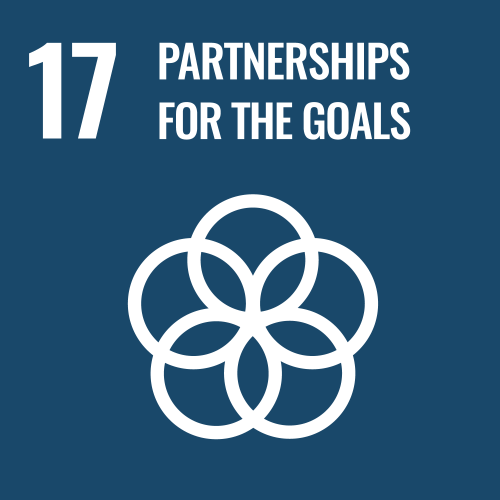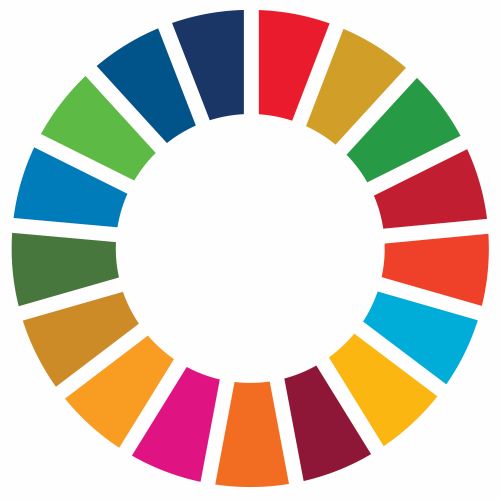
06/05/2025
The objective is to reinforce technical capacity in the management of irregular migration by Mauritanian officials and the reinforcement of the human rights approach.
As part of the European POC Mauritania project, the rehabilitation of two Temporary Reception Centres for Foreigners (CATE) in the cities of Nouakchott and Nouadhibou is being carried out. These centres will be equipped and governed by internal regulations based on the operation of the Temporary Reception Centres for Foreigners (CATE) in Spain. For this reason, a Mauritanian delegation has made a study visit to the CATEs on the island of El Hierro and Las Palmas, with the aim of improving procedures for the care of migrants, as well as sharing good practices and experiences that can be transferred to the working model of the Mauritanian police, thus improving the care of migrants on their arrival in Europe and cooperation between Spain and Mauritania.
The CATE on the island of El Hierro has become a crucial point in the migratory route. This process begins in the port of La Restinga, where most of the canoes from Mauritania and Senegal arrive, and where an initial assessment is carried out. There, migrants are identified and provided with basic medical and humanitarian care by the Red Cross, before being transferred to the CATE to complete the necessary administrative procedures.
In 2024, a similar visit was made to the CATE in Las Palmas de Gran Canaria. The CATE in El Hierro has a higher influx of migrants, which increases the likelihood of being able to analyse the working dynamics in a more active and representative context. However, given that this meeting included a stopover in Las Palmas, its facilities were also visited.
The visit was attended by a total of 17 people, including the deputy director and the coordinator of POC Mauritania, together with a Mauritanian delegation led by the director of Territorial Surveillance, two officials from the Mauritanian Red Cross, a representative of the International Federation of the Red Cross, and two staff from the European Union Delegation (EUD) in Mauritania.
In addition to visiting the facilities in El Hierro and Las Palmas, the delegation was able to enjoy a full agenda that provided a comprehensive overview of the entire system, from the moment a boat is identified near the Canary Islands coast until the migrants are referred to the corresponding services.

